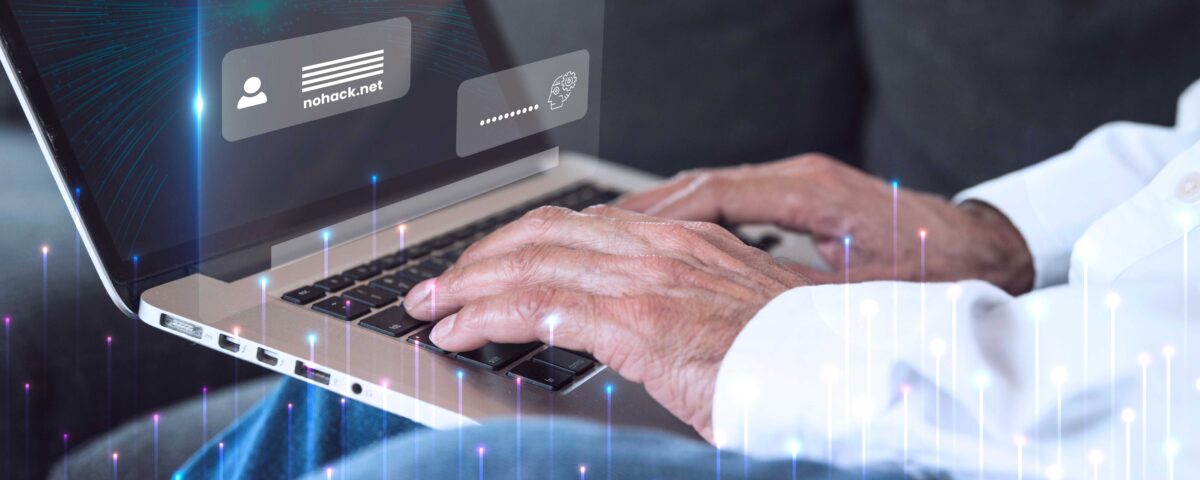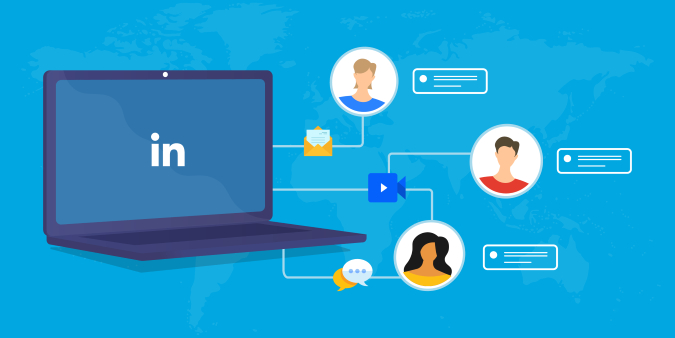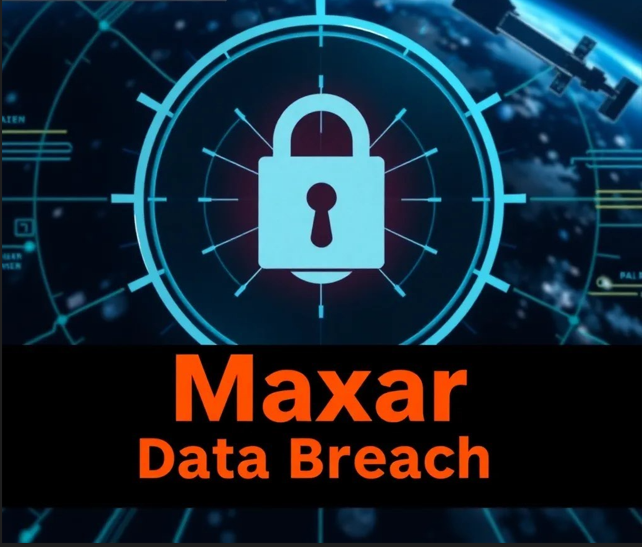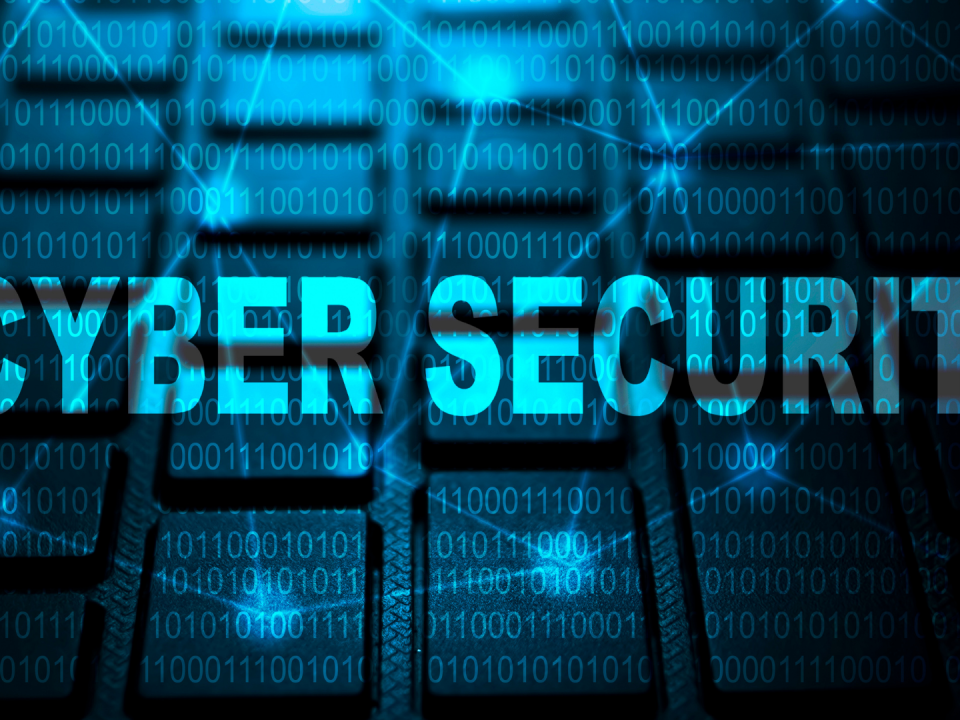
Whats app’s New Secret Code Feature Enables Password Protection for Private Chats
December 4, 2023
Critical Software Fixes from Atlassian Prevent Remote Code Execution
December 6, 2023Imagine receiving an email that appears to be from your bank, with your name and account details pre-filled, urging you to click on a link to "verify your information" or face account suspension. It's written in a way that sounds exactly like your bank's usual communication style, even mimicking their tone and phrasing. This is the chilling reality of AI-powered phishing emails, and they're on the rise.
A recent report by cybersecurity firm SlashNext paints a worrying picture:
- 1,265% increase in malicious phishing emails since the fourth quarter of 2022
- 967% rise in credential phishing emails specifically
- 31,000 phishing attacks launched daily on average
- Nearly half of cybersecurity professionals surveyed reported receiving a Business Email Compromise (BEC) attack
- 77% of cybersecurity professionals reported being targets of phishing attacks
What makes these phishing attempts so dangerous? AI. Tools like ChatGPT are being used by cybercriminals to craft highly personalized and believable emails. They can:
- Generate text that mimics your bank's, boss's, or even friend's writing style
- Insert specific details gleaned from data breaches or social media profiles
- Create a sense of urgency or fear to pressure you into clicking
This rise in AI-powered phishing highlights a worrying trend: cybercriminals are becoming more sophisticated and their attacks more difficult to detect. So, how can you protect yourself?
Here are some essential tips:
- Be wary of any email asking for personal information or financial details.
- Always hover over links before clicking. Look for suspicious domain names or misspellings.
- Don't open attachments from unknown senders. They could contain malware.
- Use strong, unique passwords for all your online accounts. Enable two-factor authentication whenever possible.
- Maintain the most recent versions of your software and antivirus products.
- Report any questionable emails to the proper authorities.
Remember, even the most convincing email could be a trap. Stay vigilant, be cautious, and don't hesitate to report anything that seems off. By staying informed and taking necessary precautions, you can protect yourself from falling victim to these increasingly sophisticated phishing attacks.
Additionally, consider these points:
- The democratization of AI: While AI is a powerful tool being misused by some, it can also be harnessed for good. Cybersecurity companies are developing AI-powered solutions to detect and prevent phishing attacks. This arms race between offensive and defensive AI is likely to intensify in the coming years.
- The importance of digital literacy: Educating individuals about online safety and phishing tactics is crucial. By raising awareness and equipping people with the knowledge to identify scams, we can create a more resilient digital landscape.
The battle against cybercrime is ongoing, but by being informed, cautious, and using the available tools, we can all play a part in staying safe online.





